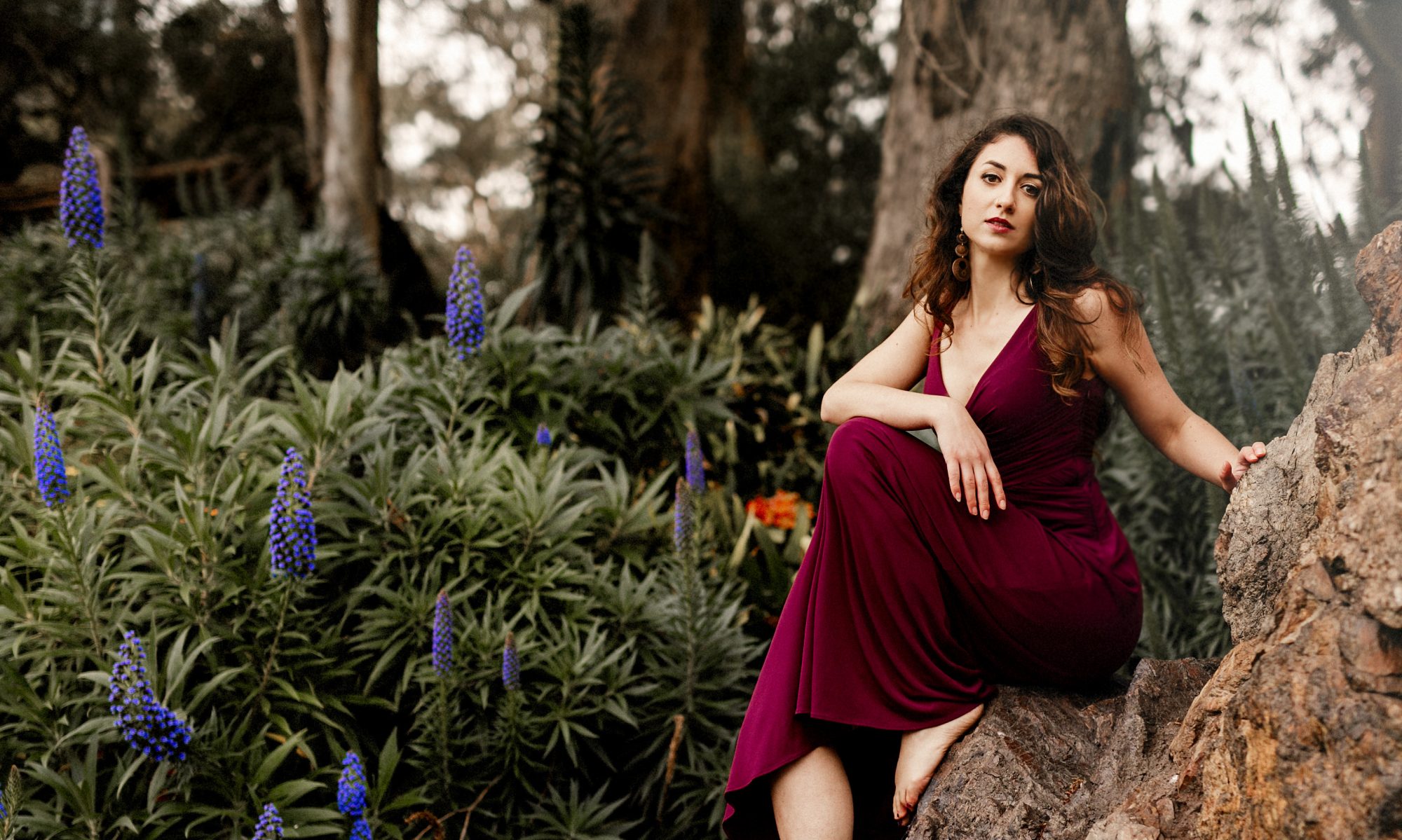Composed by Becca Tarnas
The Sun, radiant presence, gold, singularity of vision, shone through me, through everything; nothing else existed in that light.
The Moon, cradling and being cradled, softness, a silver sheen of lavender comfort, holding in warmth, fullness, and settled contentment.
Mercury, a quickening pace as my thoughts raced to catch up, a rapid quill spelling, articulating, word, glance, taste, touch, sound, senses singing.
Venus, a verdant green of flowering beauty, vines growing in curls that turn into exquisite art, the silver sparkling of dew under leaves, mirroring a reciprocity of love and heart-warming presence, the shiver of pleasure and desire.
Mars, a flaming red heat burning through me with energy, action, anger, force, violence, blood, rushing in a hiss of fiery passion.
Jupiter, uplifting to a panoramic sweep of glory and triumph, images of great civilizations flourishing in their crowning moments, a spiraling climb to the grand arches of the Kingdom of Heaven, laughing, just laughing, releasing into giggles, soft joy, lips kissed by a smile.
The smile faded into a serious fixed gaze as Saturn entered my field, making me sit straighter, feeling the structural strength of my bones, my skeleton, holding me erect and steady, the stability of age-old institutions weathering through time, weathered away by time—time who eats his children—feeling my body slowly decay in death, yet somehow feeling reassured by this dying that comes again and again in repetition, knowing that all things must come to an end, and with that final acceptance at last can come wisdom.
Lightning-quick Uranus burst through, not settling into a single color or image, always overturning, breaking out, breaking through, a pace impossible to follow as sparks of creative genius flew off of every new idea to explode in firecrackers opening up ever unexplored future horizons.
All dissolved, and no sense of myself remained as the oceanic oneness of Neptune washed over all that had come before, containing everything in its synchronous holism, a peaceful oblivion of floating in a flowing celestial realm of watery image, ethereal spirit, and imaginal soul, transcending all boundaries.
With a rending tear, the ocean ripped apart into a volcanic chasm. Pluto gaped open swallowing all in titanic destruction, a violence so deep it was beyond fear—rather a pulsing of life impulse to survive or perish, pushed and pressured by the unbounded force of desire, fangs, torn flesh, rotting corpses, pushing through the excrement, massive desolation laying waste, decomposing, turning over, evolving through pain, passing through the white hot burning fire and from the dead ashes reborn. . .
Then white light. All the colors melted together, every image unified. Only light.

 Looking across the mossy roof to the neighbors home, which has a cleverly-built deck railing constructed of former bicycle wheels, I can see leafy grape vines trailing along the railing and the awning of the first storey. All year I’ve watched these vines grow, mere sticks when we first arrived here in the heart of winter, growing pale green shoots and curling vines through the spring, and then a spreading glory of wide, rich verdant leaves covering every available surface. Autumn turned the leaves to flaming red, a deep crimson that draws the eye like the cloth of a royal garment. Just in the last few days these red leaves have begun to fall, some blowing even to the threshold of our doorstep. The magnolia in the next yard over is now withered yellow and brown. But in the spring I know it will once again burst to life with thick white and pale pink blossoms before the dense, green spring foliage replaces the flowers. I’ve watched nearly one full seasonal cycle from this seat, countless books open on my knees as I’ve done so.
Looking across the mossy roof to the neighbors home, which has a cleverly-built deck railing constructed of former bicycle wheels, I can see leafy grape vines trailing along the railing and the awning of the first storey. All year I’ve watched these vines grow, mere sticks when we first arrived here in the heart of winter, growing pale green shoots and curling vines through the spring, and then a spreading glory of wide, rich verdant leaves covering every available surface. Autumn turned the leaves to flaming red, a deep crimson that draws the eye like the cloth of a royal garment. Just in the last few days these red leaves have begun to fall, some blowing even to the threshold of our doorstep. The magnolia in the next yard over is now withered yellow and brown. But in the spring I know it will once again burst to life with thick white and pale pink blossoms before the dense, green spring foliage replaces the flowers. I’ve watched nearly one full seasonal cycle from this seat, countless books open on my knees as I’ve done so.







